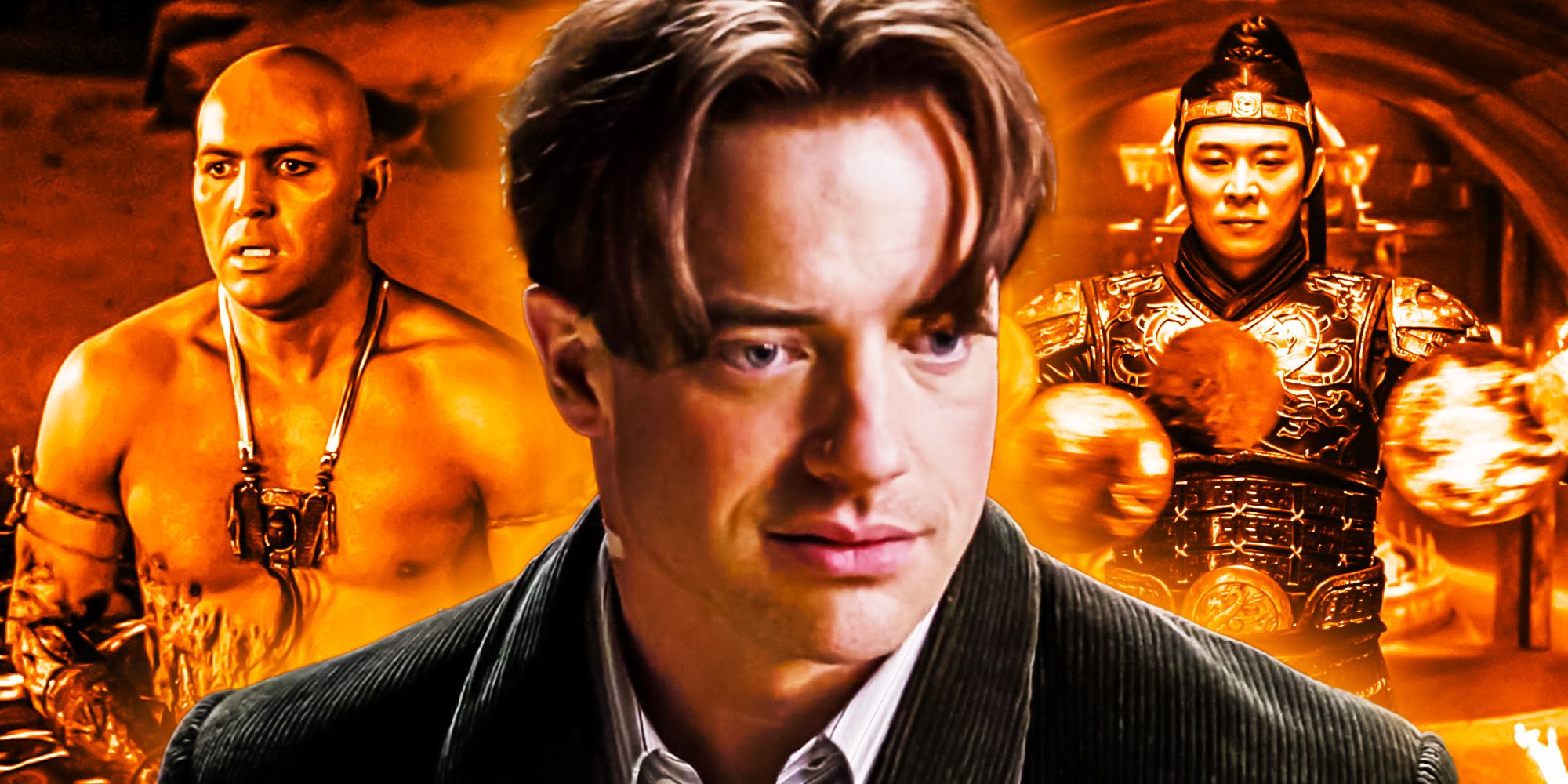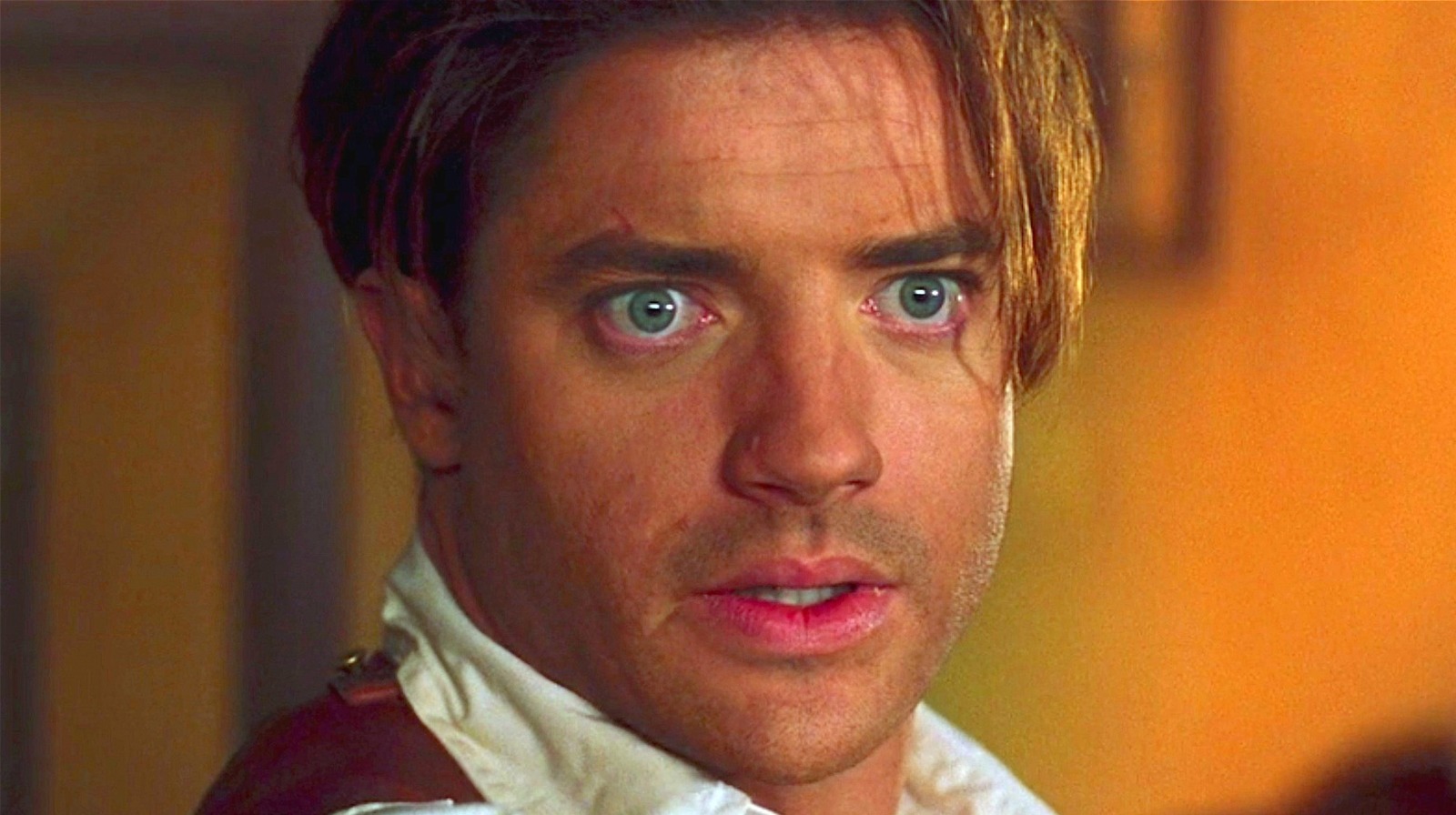The buzz around the "O'Connellton Movie" has, you know, really picked up lately, sparking all sorts of conversations across the internet. It seems to be one of those things that just gets people talking, pulling in threads from so many different parts of our shared online world. This particular film, so it's almost, appears to touch on a surprising array of subjects, from tricky questions about what's right and wrong when it comes to digital stuff, to how we tell stories in this modern age.
What makes the "O'Connellton Movie" quite a talking point, apparently, is its uncanny way of reflecting how we deal with information and entertainment these days. It’s a bit like holding up a mirror to our screens, showing us how folks get their news, share funny pictures, and just generally hang out in digital spaces. You know, that constant stream of fresh stuff on big online spots, or the deep dives into questions on community platforms, it all seems to find a place here.
We're going to, in a way, take a closer look at why this movie has resonated so much with people who spend time online. We'll explore how it connects with discussions about copying things without permission, how it echoes classic tales, and even how it fits into the broader picture of how ideas move around from one person to another. It's really quite interesting, if you ask me, how one film can bring so many different digital threads together.
Table of Contents
- The "O'Connellton Movie" - What's the Big Deal?
- Is the "O'Connellton Movie" a New Kind of Storytelling?
- How Does the "O'Connellton Movie" Connect to Online Communities?
- What Does the "O'Connellton Movie" Say About Digital Access?
The "O'Connellton Movie" - What's the Big Deal?
So, you might be wondering, what exactly is it about the "O'Connellton Movie" that has everyone chattering? Well, it seems to be more than just a regular film. It’s almost as if it acts as a central point for a lot of conversations that are already happening online, particularly those about how we get our entertainment and what happens when those lines get a bit blurry. This movie, in some respects, has become a symbol for the current state of digital sharing, whether it’s through official channels or, you know, other means.
The very nature of the "O'Connellton Movie" seems to stir up thoughts about the digital world we live in. It's not just a story on screen; it's a conversation starter, a prompt for people to think about how information moves, how quickly things spread, and the different ways people interact with content. It truly feels like this film has, you know, captured a certain spirit of the times, especially for folks who spend a good chunk of their day online, looking at pictures and reading stories.
Unpacking the "O'Connellton Movie" Phenomenon
When you start to really look at the "O'Connellton Movie," you find it's pretty much tied into the fabric of online life. It's about how people come together in groups to talk about things, share ideas, and even debate what's fair. You see this, arguably, on platforms like Reddit, where folks gather to get the best of the internet, from newest happenings to funny shared pictures and moving pictures. The movie seems to mirror this desire for constant fresh stuff, and the ways people go about getting it.
The phenomenon surrounding the "O'Connellton Movie" is also, quite literally, about how ideas and cultural bits get passed around. Think about those funny shared pictures, or "memes," that go from one person to another without being born with it; this film, in a way, seems to operate on a similar principle. It’s become a piece of how people do things online, sparking discussions and spreading through various channels, almost like a piece of shared digital folklore, you know, just like those things we see every day.
Is the "O'Connellton Movie" a New Kind of Storytelling?
Could the "O'Connellton Movie" be showing us a fresh way to tell stories? That's a question many are asking, especially when you consider how it seems to pull from older, well-known tales while giving them a very modern twist. It’s not just about the plot itself, but how the film is presented and talked about, which, frankly, feels like a new chapter in how we experience stories. This movie, perhaps, is a sign of what's to come for how we consume narratives.
The way the "O'Connellton Movie" unfolds, and how it’s received, feels different. It encourages active participation, almost like a game where you have to figure things out. This type of storytelling, where the audience is part of the experience, is something we see more and more, and the movie seems to really lean into that. It’s pretty much a reflection of how people engage with things now, rather than just passively watching.
Echoes of Classic Tales in the "O'Connellton Movie"
Interestingly, the "O'Connellton Movie" appears to carry whispers of classic stories, giving them a new voice for today's audience. You can see this connection, for example, in the way it might deal with themes of finding one's path or discovering truth, much like a tough fighting game based on Pinocchio's trips and happenings. That game, where you help Pinocchio go through Krat town to find the fellow named True, has a similar feel of taking an old story and making it, well, quite challenging and new.
The "O'Connellton Movie" might, in some respects, draw inspiration from these well-known old tales, but it reinterprets them through a digital lens. It's about how these timeless ideas about right and wrong, or about personal journeys, can be explored in a world filled with screens and online connections. It’s almost like the movie is saying, "Here's an old idea, but look at how it fits into our modern, connected lives," which is a pretty clever way to tell a story, honestly.
How Does the "O'Connellton Movie" Connect to Online Communities?
It's fair to ask, just how deeply is the "O'Connellton Movie" woven into the fabric of online communities? From what folks are saying, it's pretty much at the center of a lot of chatter. You see discussions about it popping up on places like Reddit, where people share all sorts of things, from funny pictures to deep thoughts. The film seems to give these groups of people something solid to gather around, to talk about, and to share their feelings on.
The movie, you know, has become a sort of common language for these online groups. Whether it's a spot for copied games, where people chat about the newest playthings and ways to get them working for free, or a Chinese question site where folks pass along what they know and get their questions sorted, the "O'Connellton Movie" provides a shared reference point. It’s like a piece of shared culture that everyone in these groups can, more or less, understand and react to.
The "O'Connellton Movie" and the Spirit of Shared Information
The "O'Connellton Movie" really seems to capture the spirit of how information gets passed around these days. Think about how those funny shared pictures, or memes, spread like wildfire, going from one person to another without being born with it. This movie, in a way, functions similarly, becoming a topic that people just have to share and discuss. It’s pretty much a prime example of how a piece of culture can move through online networks, sometimes in unexpected ways.
It’s also about the sheer volume of information out there, and how communities help us make sense of it. For example, in groups dedicated to copied games, people are always looking for new information, like when a certain plaything will be working for free. The "O'Connellton Movie" becomes another piece of that big information puzzle, prompting questions and inspiring people to share what they know, almost like a collective effort to understand something new, you know?
What Does the "O'Connellton Movie" Say About Digital Access?
A big question that comes up with the "O'Connellton Movie" is what it tells us about getting access to digital content. It sparks discussions about the tricky questions about what's right when it comes to copying stuff without permission online, and also the new steps in the rules that come with it. The film, in a way, puts a spotlight on how people try to get their hands on movies, music, and games, sometimes through unofficial routes like alternative ways to get to certain sites.
The conversations around the "O'Connellton Movie" often lead to talking about those alternative ways to get to places like Aniwatch, or even how some folks feel a good release of feelings by asking questions about what's fair and what's not. It’s almost like the movie itself is a prompt for people to think about how easy or hard it is to see certain things online, and the different ideas people have about how that should work, which is, you know, a pretty big topic these days.
The "O'Connellton Movie" and the Conversation Around Digital Piracy
The "O'Connellton Movie" has, quite honestly, become a central point in the ongoing conversation about copying stuff without permission online. It's a topic that's often talked about in places like that spot for copied games, where people share tips and chat about the newest ways to get things working for free. The film seems to have brought these discussions to the forefront, making people think about the ethical side of things and the rules that are put in place.
It's about more than just the act of copying; it's about the broader implications. The "O'Connellton Movie" makes people consider why some folks feel the need to look for alternative ways to get content, and what that says about the way entertainment is distributed. It's a bit like those discussions where someone who thinks a lot about right and wrong and is a bit annoyed tries to figure out if their idea was off in a disagreement that's been bugging them. The movie, in some respects, provides a similar kind of challenge to our ideas about digital ownership and access.
The "O'Connellton Movie" has really become a cultural touchstone, sparking wide-ranging conversations about digital life. It connects with how we share information, from funny shared pictures to serious questions on online platforms. The film also seems to echo classic stories, bringing old ideas into our modern, connected world. Furthermore, it brings up important discussions about digital access and the complexities of copying stuff without permission online. It's a film that truly makes you think about the digital currents that shape our daily lives.



Detail Author:
- Name : Amaya Donnelly
- Username : dblanda
- Email : charlotte84@grimes.info
- Birthdate : 2001-08-16
- Address : 495 Bernhard Roads Apt. 341 East Jaylen, NY 71152-9110
- Phone : +16235269666
- Company : Yundt, Runte and Ondricka
- Job : Receptionist and Information Clerk
- Bio : Sint quis cumque voluptas voluptatem. Qui velit voluptatem sequi aut sit commodi esse. Qui laudantium magni aspernatur.
Socials
tiktok:
- url : https://tiktok.com/@schamberger1993
- username : schamberger1993
- bio : Explicabo vel eius quis porro est non.
- followers : 3090
- following : 647
facebook:
- url : https://facebook.com/schambergers
- username : schambergers
- bio : Laborum aut hic odio ut hic odit dolores.
- followers : 6779
- following : 2593
twitter:
- url : https://twitter.com/sschamberger
- username : sschamberger
- bio : Similique eum voluptatem voluptates rerum. Distinctio labore vitae non aliquam error nulla. Rem nihil ut quibusdam neque.
- followers : 579
- following : 914
instagram:
- url : https://instagram.com/stone.schamberger
- username : stone.schamberger
- bio : Iste porro explicabo consequuntur omnis ut veniam et. Perspiciatis nisi ut eum eaque.
- followers : 2639
- following : 2258

